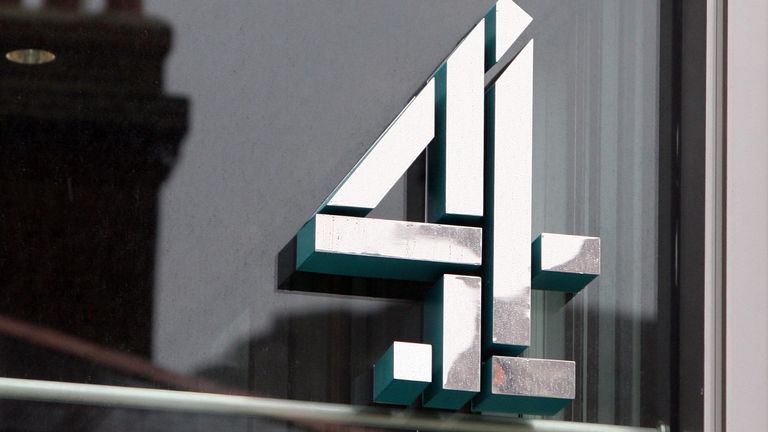Channel 4’s privatisation ‘needed’ to compete with streaming services, culture secretary to announce
Oliver Dowden plans to argue that Channel 4’s privatisation is necessary for its sustainable future following warnings from the network that a sale could reduce the quality and diversity of its content.

The culture secretary is expected to outline what he claims are the benefits of Channel 4’s privatisation, arguing that the “much-needed investment” will help the broadcaster compete with streaming services like Netflix and Amazon.
In a speech at the Royal Television Society Convention today, Oliver Dowden will acknowledge that the channel is currently “in a stable position” but will say that it needs more cash if it wants to grow.
“Without it, Channel 4 won’t have the money to invest in technology and programming, and it won’t be able to compete with the streaming giants,” he will say.
Mr Dowden is expected to say that the cash can either come “on the back of the taxpayer” or from private investment.
“It’s my strong position – as a point of principle – that I do not believe the borrowing of a commercial TV channel should be underwritten by a granny in Stockport or Southend,” he will say.
The network recently announced its best-ever annual results after a recovery in advertising revenues and a reduction in spending left it in a strong financial position.
Mr Dowden will reiterate that Channel 4’s status as a public service broadcaster will be protected in the event of a sale.
He said the network would continue to reflect modern Britain and maintain its commitment to independent news and current affairs, along with commissioning programming from the independent production sector.
“Channel 4 can continue to do what it does best: to fund original, risk-taking content – the kind you wouldn’t get anywhere else – and to showcase the very best of this country on free-to-view television,” he will add.
His comments follow warnings from Channel 4 that there is “no evidence” that its privatisation will benefit British audiences and may actually “cause them harm”.
The government is running a consultation on plans to privatise the broadcaster, which could be sold to a private buyer.
Channel 4 is state-owned but receives no public funding, with more than 90% of its revenue coming from adverts.
“The evidence suggests that continued public ownership of Channel 4 would create the right conditions not only to overcome the audience and competitive challenges the government has rightly identified, but also to ensure that public service broadcasting in the UK continues to thrive,” the network said in its submission to the consultation.
Moving Channel 4 into private ownership could lead to “reduced diversity and quality of content for UK viewers”, the broadcaster said.
The network accused the consultation of failing to outline alternatives that would bolster it, such as updating legislation on public service prominence to apply across digital platforms and reviewing commercial relationships between platforms and publishers.




